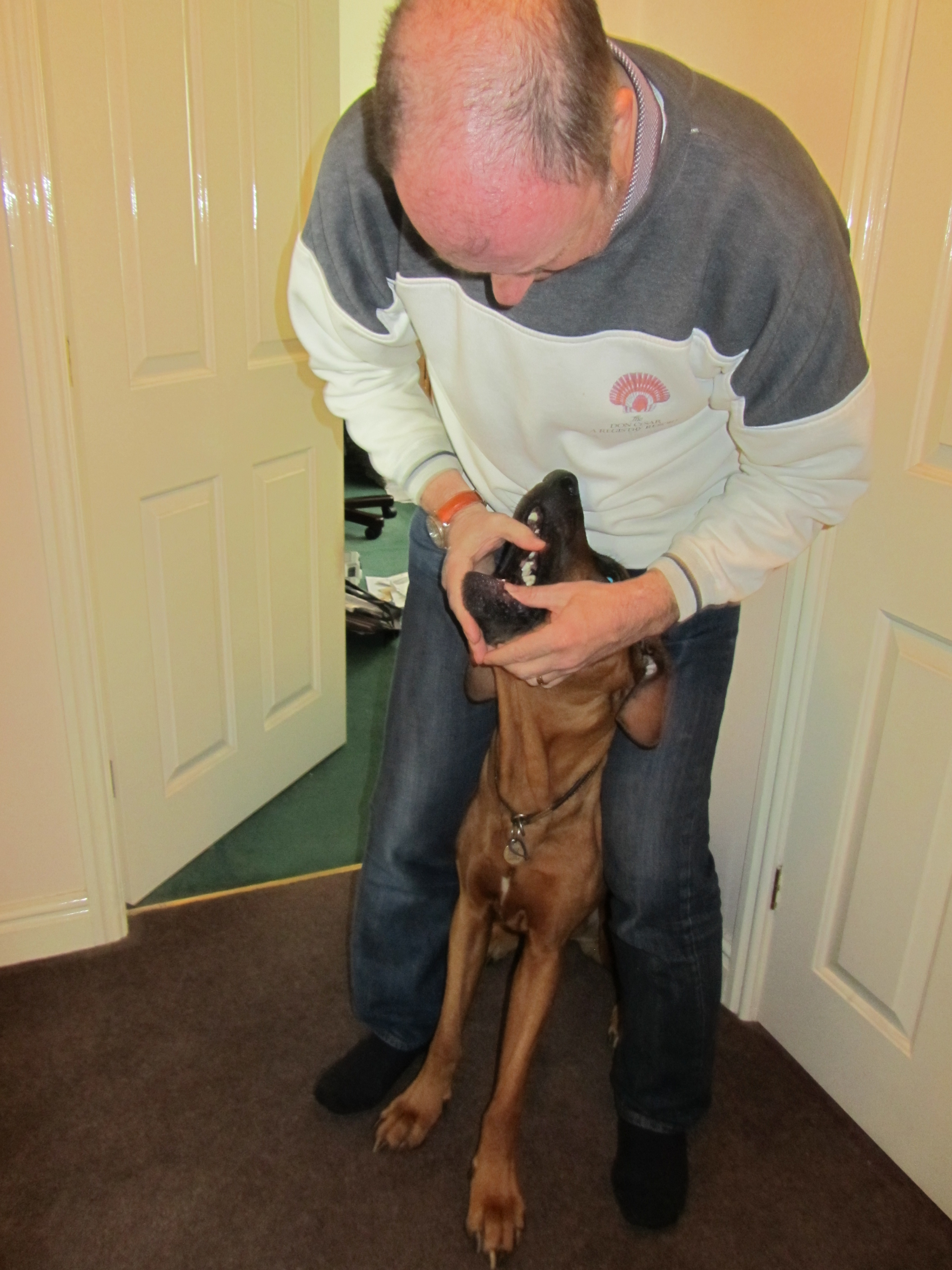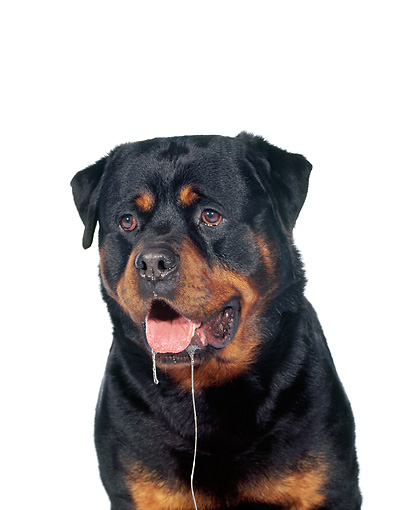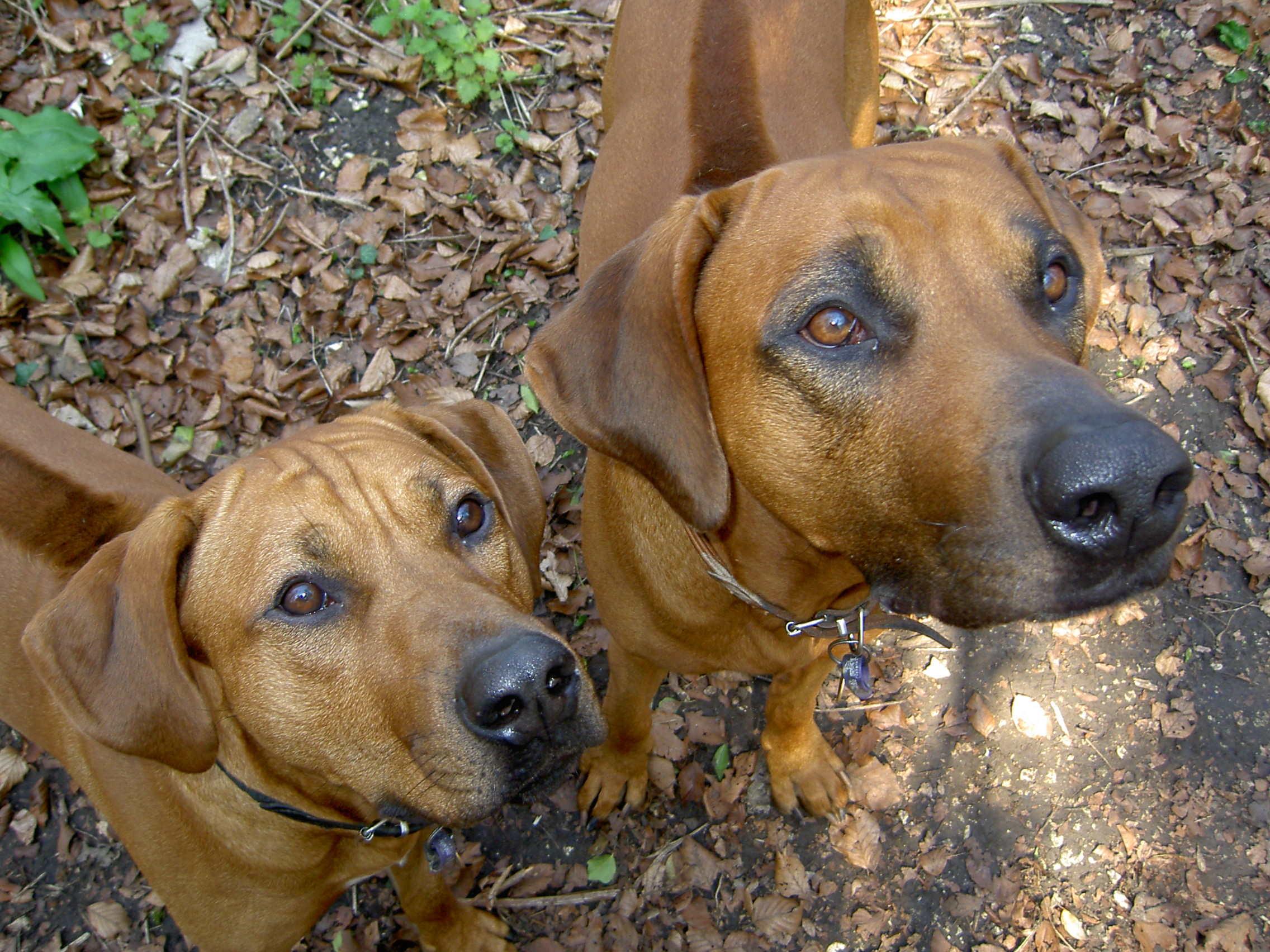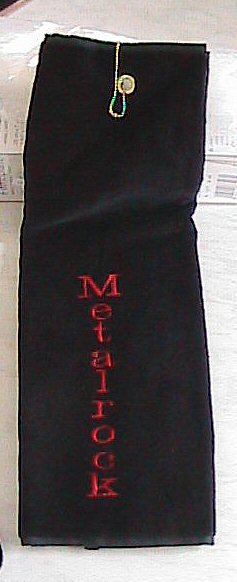Causes of Excessive Dog Drooling
As the owner of a very “drooly” dog, I can tell you for sure that ALL dogs drool (its just that some do it a hell of a lot more than others and some take it to a whole new level!) Usually with the prospect of food, the flood gates open and before you know it, you find yourself with a small pond at your feet. Dogs with heavy lips such as Mastiffs, St. Bernards and my own very beautiful Ridgebacks collect the saliva in their chops until it overflows!
Those of us who are owned by such animals just accept it as part of the package and invest in a good slobber towel!
Sudden excessive drooling usually means that the dog is feeling off-colour so its important to get to the bottom of the cause quickly, and certainly before it causes dehydration. As with most things, the time to sit up and take notice is when there is a change from the norm so, if a normally drool-free dog suddenly starts slobbering excessively, its time to have a look in his mouth to see if you can identify the problem.
The most likely culprits for excessive drooling are:
Foreign Objects: Because of the way that our furry friends gulp down everything and anything, its very common for them to get a foreign body lodged rather uncomfortably. Maybe he has a fragment of bone or stick embedded in his gum, or a chewstick wedged between his back teeth? Perhaps he’s cut his tongue or managed to get a bit of bone jammed at the roof of his mouth? Check inside to see what you can find and if possible remove the offending article. If you cannot do it safely and without causing further harm to your dog, please see your vet for professional help immediately.
Remember, the best way to check in your dog’s mouth is by sitting him down between your legs, facing away from you as you tilt his head backwards. This position allows you to see right to the back of the throat and across the roof of his mouth.

Tooth Decay or Gum Disease:
As mentioned in yesterday’s post on bad breath, poor dental care can result in a build up of tartar, gum disease, tooth decay, wobbly and fractured teeth. A broken or decaying tooth could certainly be a cause of excessive drooling to take into consideration so remember to take a sniff of Rover’s breath just in case it gives you a clue. Remember to open up your dog’s mouth while you check his teeth too. When closed, a dogs fangs will overlap one another and it is possible to get a fragment of bone or wood lodged painfully against the gum line where the fangs overlap. If this happens, the fragment can penetrate the gum and cause an ulcer and decaying flesh which will smell badly as well as be painful.
Teething: When puppies grow, they begin to lose their baby teeth as their new adult teeth push through. Just as with humans, this phase can be quite painful and drooling is very likely at this stage in a puppy’s development. Giving plenty of good chew toys for your pup to “cut his teeth” on is a good idea and using things like sticks of frozen vegetables such as carrots can really help as the cold soothes the discomfort on the gums.



